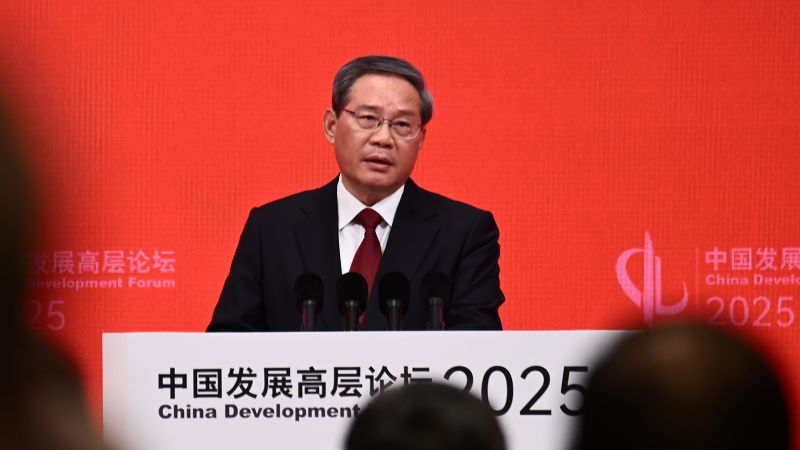
Navigating the Shifting Sands of Global Commerce: A Call for Collaboration
The global business landscape is, to put it mildly, dynamic. Uncertainty swirls around us like a persistent fog, obscuring clear paths and demanding adaptability from even the most seasoned players. Recent gatherings of international business leaders have underscored a critical need: a concerted pushback against the rising tide of protectionism and a renewed commitment to the principles of globalization.
For decades, globalization fueled unprecedented economic growth, fostering interconnectedness and collaboration on a scale never before imagined. The free flow of goods, services, and capital facilitated innovation, lowered costs, and created opportunities for businesses and consumers alike. However, this era of unfettered global commerce now faces significant headwinds.
The rise of protectionist sentiment, manifested in trade wars, tariffs, and increasingly restrictive regulations, poses a substantial threat to this carefully constructed system. These protectionist measures, often driven by nationalistic agendas or anxieties about economic competition, create barriers to trade and investment, hindering the efficient allocation of resources and stifling innovation. The resulting fragmentation of global markets not only undermines economic growth but also breeds instability and uncertainty.
The consequences of this trend are far-reaching. Businesses face higher costs, reduced access to markets, and increased complexity in navigating a patchwork of conflicting regulations. Consumers may see a reduction in choice and an increase in prices. Ultimately, the global economy as a whole suffers from reduced efficiency and hampered growth.
A significant concern is the potential for these protectionist tendencies to trigger unforeseen economic shocks. Geopolitical tensions, coupled with the unpredictability of national policies, create a volatile environment that makes long-term strategic planning exceedingly challenging. Businesses are forced to react to rapidly changing circumstances, often at significant cost. This necessitates a more agile and resilient approach to business strategy, one that can accommodate unexpected shifts in the global landscape.
Against this backdrop, the call for businesses to actively resist protectionism takes on critical importance. This is not merely a matter of self-preservation; it’s a collective responsibility. The benefits of globalization are shared, and its erosion affects everyone. Businesses must actively engage in dialogue, advocating for open markets and fair trade practices. Collaboration across borders, the sharing of best practices, and a concerted effort to promote mutual understanding are essential.
Moreover, a proactive stance is needed. Businesses must engage with policymakers, influencing the debate and pushing for policies that promote free and fair trade. This requires a sophisticated understanding of the political and regulatory landscape, and the ability to articulate effectively the benefits of open markets to both government and public. It also demands a long-term perspective, prioritizing sustainable growth over short-term gains.
In conclusion, the current global economic climate demands a strategic response. Businesses must actively resist protectionist measures, embracing collaboration and advocating for open markets. By working together, fostering dialogue, and promoting understanding, the business community can help to navigate the uncertainties ahead and safeguard the principles of globalization that have underpinned decades of prosperity. The future of global commerce depends on it.



Leave a Reply